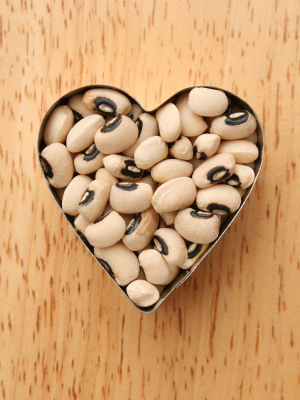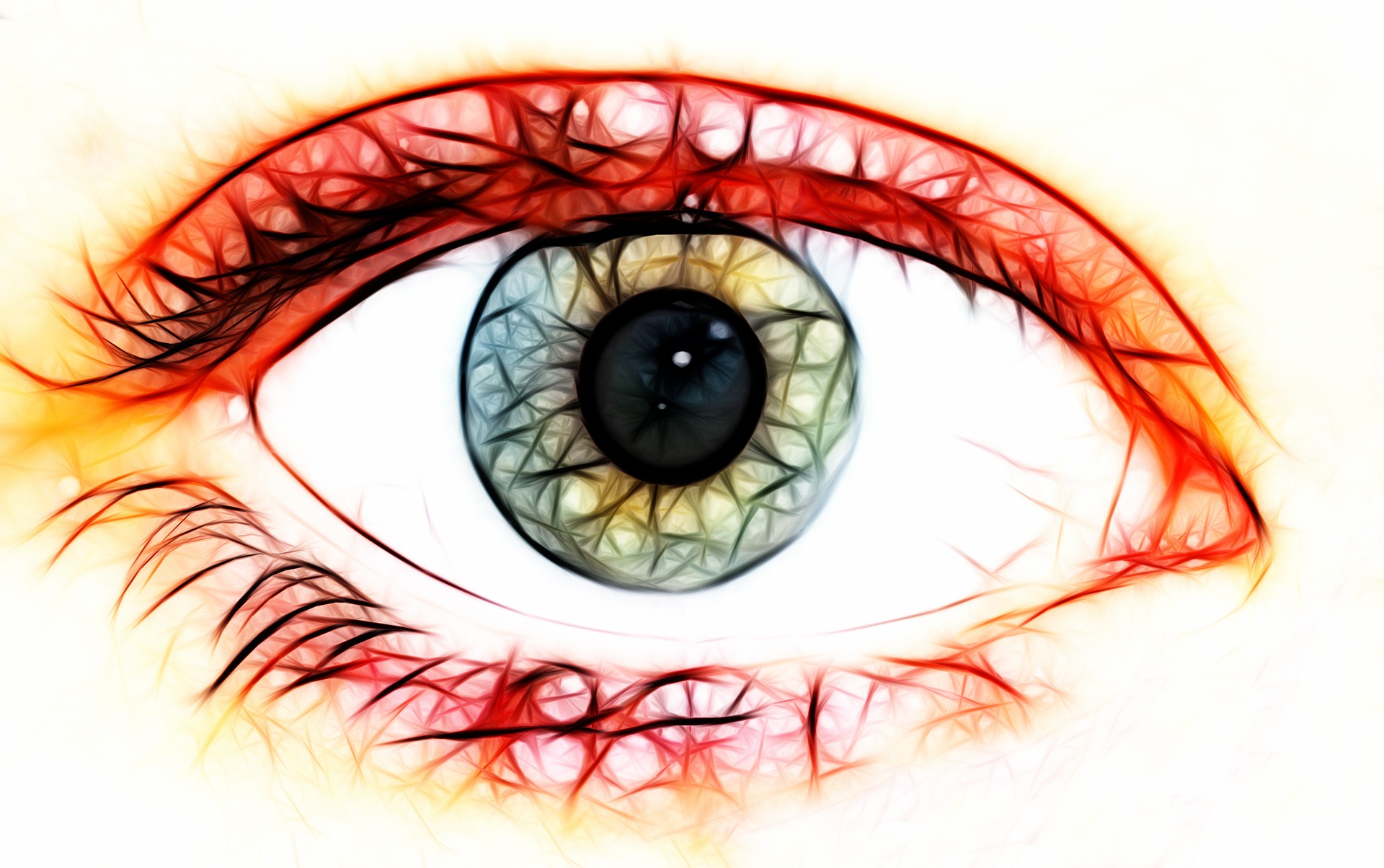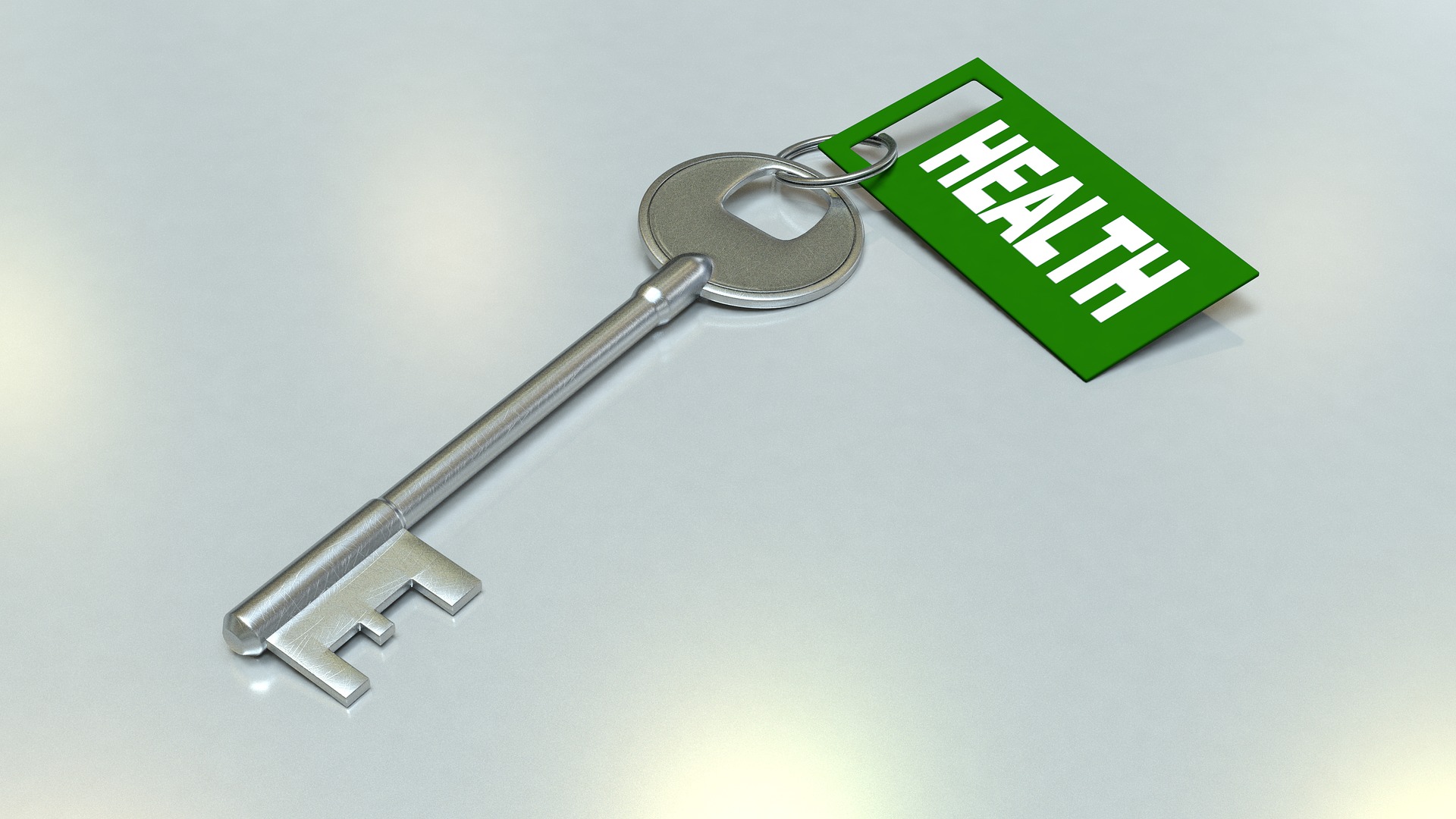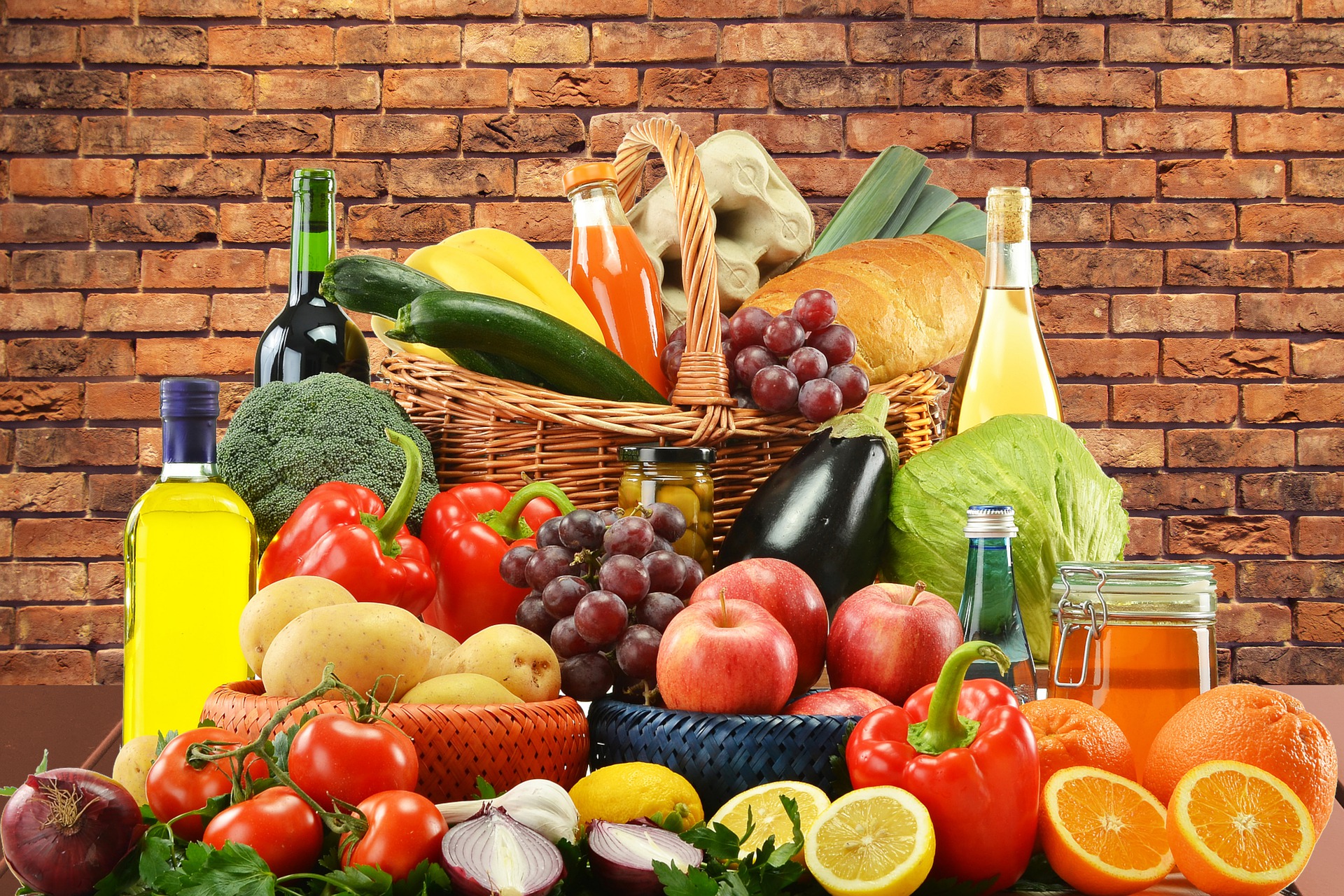
SICKLE CELL AND BLACK EYE BEANS

Black-Eyed Beans Benefits
Inflammation is at the root of most diseases, but a healthy diet including one to two servings of black-eyed peas per day can help fight chronic inflammation and prevent so many serious health problems. This anti-inflammatory effects is what provides so many of the following black-eyed beans benefits.
1. Improve Digestion
One of the biggest black-eyed beans benefits is the high levels of dietary fibre, which helps to promote regular bowel movements and improve the health of the entire body, especially the digestive system. The large amount of fibre contained within black-eyed beans absorbs water in the digestive tract, swells up and carries waste products out of the body. Thanks to being a high-fibre food, black-eyed beans consumption can help prevent constipation, which is always a good thing.
In addition, black-eyed beans and other beans are often associated with excessive flatulence, but research debunks this commonly believed myth. Research conducted by Arizona State University’s School of Nutrition and Health Promotion and the University of Colorado Springs’ Department of Health Sciences examined the perceptions of excessive gas from bean consumptions among adults in three separate feeding studies. Participants consumed a half cup of beans daily for either eight weeks or 12 weeks.
The findings, published in Nutrition Journal, were surprising. Only 19 percent of participants who consumed black-eyed beans saw an increase in flatulence, while less than half reported increased gas from eating pinto or baked beans. In addition, only 3 percent to 11 percent reported increased flatulence across all the studies. Ultimately, researchers concluded: “People’s concerns about excessive flatulence from eating beans may be exaggerated.”
2. Prevent Anaemia
Getting adequate iron in your diet prevents anaemia, which can cause fatigue and weakness. Anaemia occurs when your blood has a lower than normal number of red blood cells or if your red blood cells don’t have enough haemoglobin. Haemoglobin is an iron-rich protein that gives your blood its red colour and helps those cells bring oxygen from your lungs to the rest of your body.
Aside from being high in iron, black-eyed beans benefits also include being high in folate, a B vitamin needed to make normal red blood cells. This is important to note since low levels of folate can cause anaemia.
3. Protein
Black-eyed peas are a good alternative source of protein if you don’t eat meat. Protein is important because it supports most of the parts of your body, including muscles, skin, hair and nails. In addition, protein helps cells grow and repair and provides energy to your body.
4. Potassium
Black-eyed beans are rich in potassium, a mineral that helps keep your blood pressure levels at healthy numbers and lowers your risk of heart disease. Some studies have linked low potassium in the diet with high blood pressure. It’s also been shown that heart attack patients who have moderate potassium levels (between 3.5 and 4.5 mEq/L) have a lower risk of death. One cup of black-eyed beans offers you just about 20 percent of your daily potassium needs. In addition to lowering blood pressure, black-eyed beans benefits also include staving off coronary heart disease, truly making this bean a heart-healthy food.
5. Increase Folate Intake
Black-eyed beans are especially high in folate, which is a water soluble B vitamin that plays a slightly different role from the other B vitamins because it doesn’t participate in energy metabolism. Folate’s main function is to help the body make new cells, specifically by playing a role in copying and synthesizing DNA. It also helps the body utilize vitamin B12 and amino acids.
A folate deficiency can cause anaemia, poor immune function and poor digestion. People most at risk of a folate deficiency include pregnant and breast-feeding women, people with liver disease, those on kidney dialysis, and people on medications for diabetes.
Just one cup of black-eyed beans can supply over half of your daily folate needs, which means that two cups could completely supply your requirements for the day.
6. Boosts Skin and Eye Health
Black-eyed beans are surprisingly high in vitamin A. They have over a quarter of your daily vitamin A needs in one cup. Not only does vitamin A help form and maintain healthy skin and mucus membranes, but it produces the pigments in the retina of the eye.
Don’t limit yourself to carrots when it comes to improving your eyesight because the vitamin A in black-eyed peas can promote good vision, especially in low light. So keep eating your orange fruits and vegetables to improve your skin and eye health, but now you can add black-eyed peas to the mix — because black-eyed beans benefits include protecting your vision and your skin.
www.draxe.com
www.livestrong.com






